Determine the equilibrium point
AI is a breakthrough technology platform of the fourth industrial revolution that is deeply impacting all areas of life, from production and business, education, healthcare, transportation to defense and security. According to Deputy Chairman of the Committee for Science, Technology and Environment Tran Van Khai, in Vietnam, AI is identified as one of the national priority technologies, playing a key role in digital transformation, developing a knowledge-based economy , and enhancing national competitiveness.
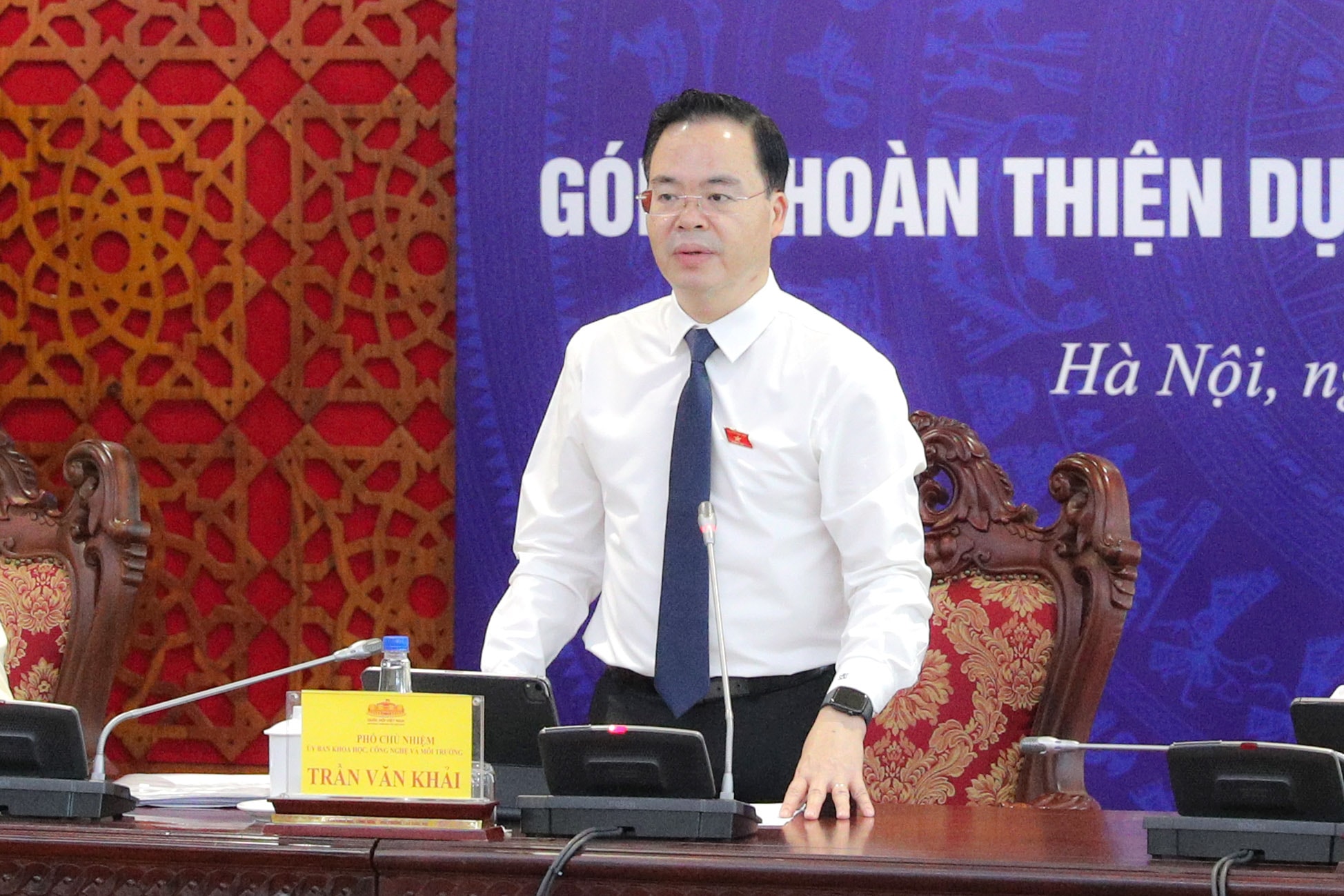
Resolution No. 57-NQ/TW on breakthroughs in science, technology, innovation and national digital transformation of the Politburo also set the goal of Vietnam being among the top 3 countries in Southeast Asia in AI research and development, gradually mastering a number of strategic technologies, digital technology, AI, strongly developing AI applications and big data applications for important industries and fields.
However, Vice Chairman of the Committee Tran Van Khai stated that the rapid development of AI also poses many legal, ethical, responsibility and safety challenges, requiring a suitable legal corridor that both strictly manages and encourages the development of innovation.
Therefore, the timely drafting of the Law on Artificial Intelligence to be submitted to the National Assembly for consideration and promulgation at the 10th Session is extremely important. This is the first law in Vietnam in this field, contributing to creating a legal foundation to promote research, application development and management of AI in a safe, responsible and humane manner. “The important thing about this draft Law on Artificial Intelligence is to determine the policy viewpoint, to determine the appropriate balance between management and promotion. Thereby, the management contents and prohibitions must be truly clear,” emphasized the Deputy Chairman of the Committee on Science, Technology and Environment.
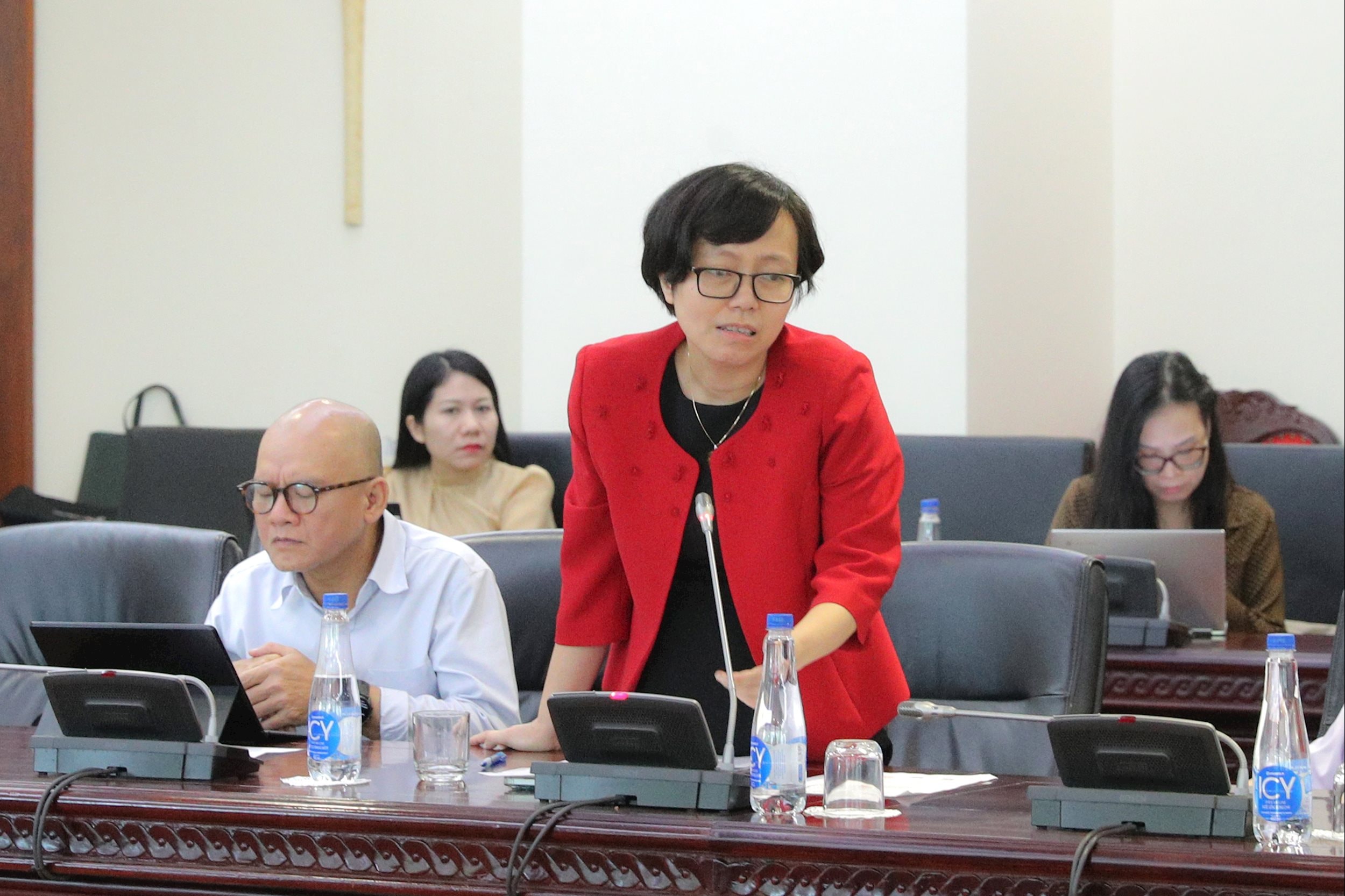
Regarding Article 4 of the draft Law, Dr. Nguyen Bich Thao, Head of the Faculty of Private Law, University of Law - Vietnam National University, Hanoi, noted that the 8 basic principles in this Article clearly demonstrate the core, universal values of humanity on AI governance and responsible AI with human-centeredness; human responsibility and control; safety, fairness and transparency; compliance with laws and ethical standards; national autonomy and international integration; green, inclusive and sustainable development; risk-based management; promoting innovation.
However, Dr. Nguyen Bich Thao said that the content of some basic principles seems to overlap with the ethical principles in Chapter V of the draft Law. Therefore, it is recommended that the drafting agency, when designing this regulation, should refer to the 2-layer approach as recommended by the United Nations Educational, Scientific and Cultural Organization (UNESCO) on AI ethics. Specifically, the first layer is core values, major orientations on policies and approaches; the second layer is more specific ethical principles to avoid overlap.
Add the principle of respecting privacy
The draft Law emphasizes that Vietnam's large language model and generative AI are trained intensively with Vietnamese data. Analyzing this content, Prof. Dr. Ho Tu Bao - Institute for Advanced Study in Mathematics said that the provisions in the draft Law are still incomplete. AI has two main branches: analytical AI and generative AI.
Of these, analytical AI (also known as predictive AI) focuses on understanding existing and past data to derive information, find patterns, explain causes and predict the future, which is analytical, explanatory and predictive in nature. Generative AI focuses on generating new content, ideas, designs or solutions that are not available in training data, mainly creative, design and synthesis. Therefore, the national strategy on AI needs to develop and use analytical AI and generative AI in harmony.
In addition, Professor Dr. Ho Tu Bao also proposed adding the term "AI ethics is a set of principles and standards that all members of society must comply with when researching, developing, deploying and using AI to ensure fairness, transparency, safety, and social responsibility".
Expressing his agreement, Vice President of the Vietnam Association of Information Technology, Dr. Phung Van On, also said that, in the face of a lot of unverified information created by AI as in current practice, causing negative impacts on social life, it is necessary to regulate ethical content and responsibility in using AI.
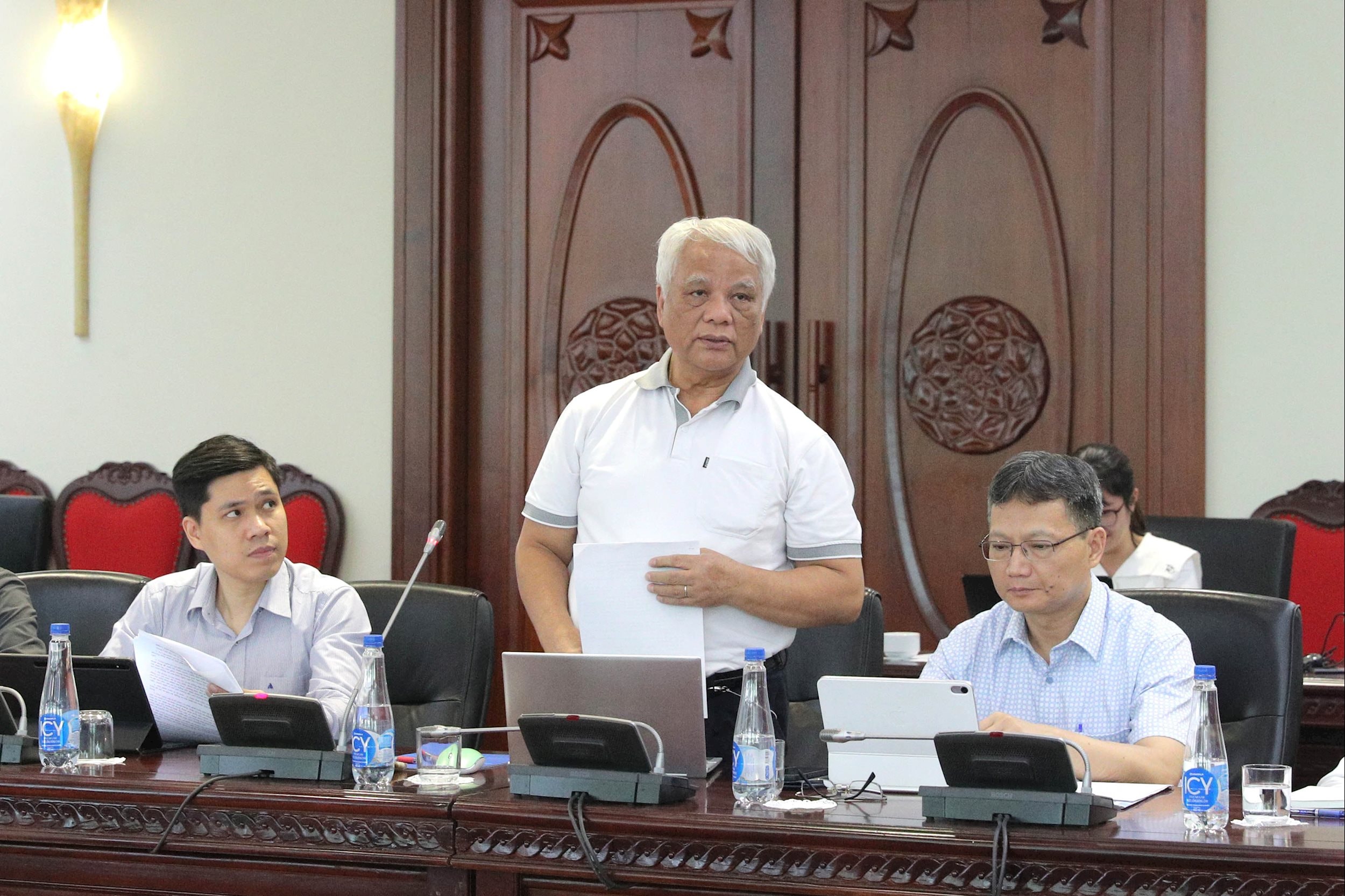
Mr. Phung Van On suggested that AI ethics should supplement the principle of respecting human rights and privacy; at the same time, expressed concerns about the establishment of the National Committee on AI and the AI One-Stop Portal, because this could easily lead to "bloating" of the organizational structure when there is currently a Committee on Digital Transformation.
From a management perspective, Chairman of the Vietnam Radio and Electronics Association Tran Duc Lai proposed establishing an independent AI Ethics Council within the Committee with multi-disciplinary experts, in which it is necessary to clearly state the participation rate of experts (like the Singapore model, the expert rate can be from 30 - 50%); at the same time, clearly stipulate the coordination mechanism between ministries when handling inter-sectoral issues.
Regarding the national AI ethics framework, the Chairman of the Vietnam Radio and Electronics Association assessed that Articles 40 and 41 of the draft Law have general principles but lack detailed implementation regulations, because the AI Ethics Framework needs to set limits for technology, protect people, ensure fairness and transparency, and encourage innovation. Therefore, he proposed adding the principle of respecting privacy and stating some specific principles in sub-Law documents.
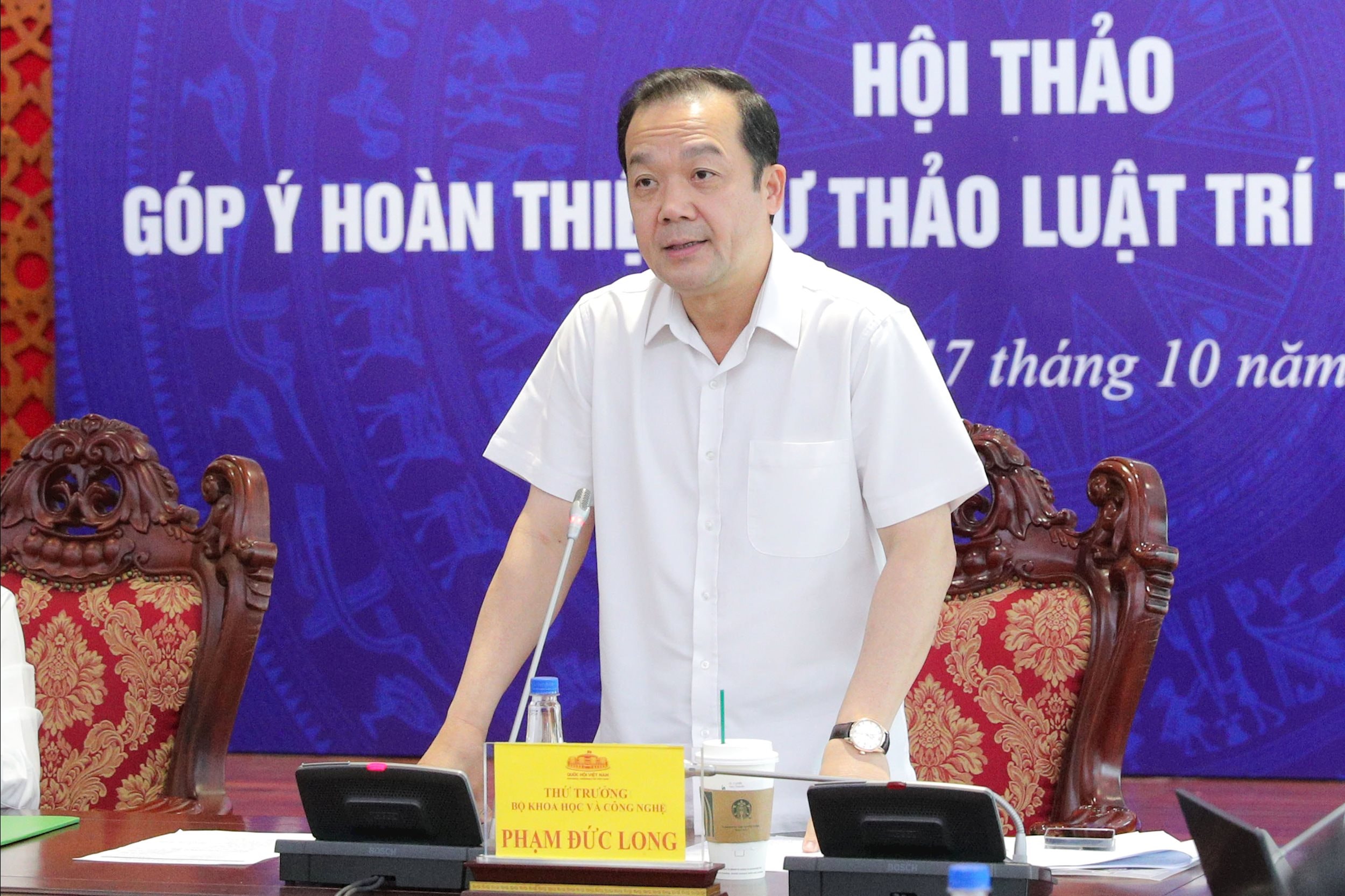
On behalf of the drafting agency, Deputy Minister of Science and Technology Pham Duc Long affirmed that the development of the Law on Artificial Intelligence is an important step for socio-economic development and national governance in the digital age. A clear legal corridor, with specific policy groups, will help maximize the potential of AI, while identifying, controlling and minimizing risks.
"The Ministry of Science and Technology will fully absorb the opinions of experts, scientists, and management agencies to continue perfecting the draft before submitting it to the National Assembly for consideration," said the Deputy Minister.
Source: https://daibieunhandan.vn/du-thao-luat-tri-tue-nhan-tao-vua-quan-ly-chat-che-vua-khuyen-khich-thuc-day-phat-trien-doi-moi-sang-tao-10390992.html


![[Photo] Prime Minister Pham Minh Chinh meets with Speaker of the Hungarian National Assembly Kover Laszlo](https://vphoto.vietnam.vn/thumb/1200x675/vietnam/resource/IMAGE/2025/10/20/1760970413415_dsc-8111-jpg.webp)



![[Photo] Prime Minister Pham Minh Chinh received Mr. Yamamoto Ichita, Governor of Gunma Province (Japan)](https://vphoto.vietnam.vn/thumb/1200x675/vietnam/resource/IMAGE/2025/10/21/1761032833411_dsc-8867-jpg.webp)
![[Photo] Da Nang residents "hunt for photos" of big waves at the mouth of the Han River](https://vphoto.vietnam.vn/thumb/1200x675/vietnam/resource/IMAGE/2025/10/21/1761043632309_ndo_br_11-jpg.webp)
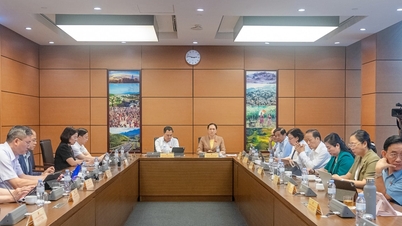
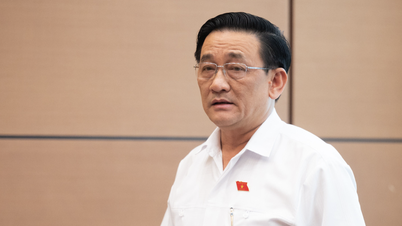








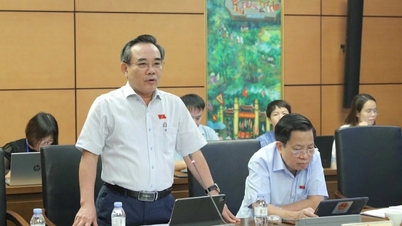
![[Video] Need to soon build and deploy a synchronous and practical job position project](https://vphoto.vietnam.vn/thumb/402x226/vietnam/resource/IMAGE/2025/10/21/1761045140359_quoc-hoi-thao-luan-to-1329-jpg.webp)

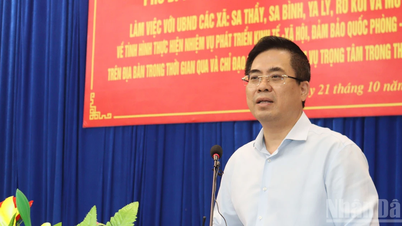

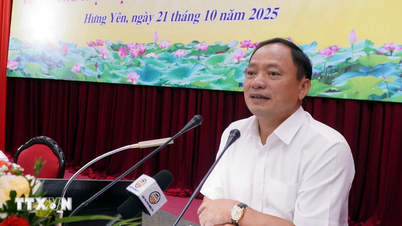
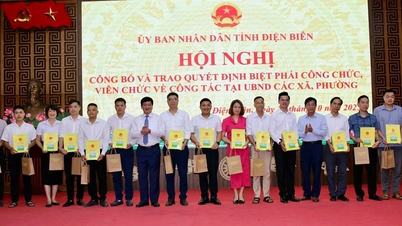




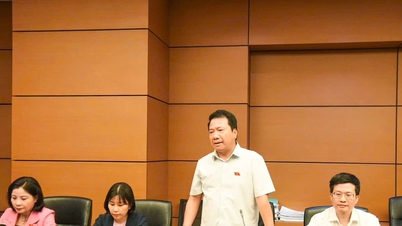

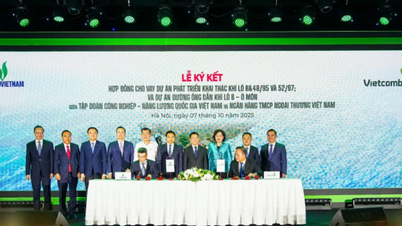
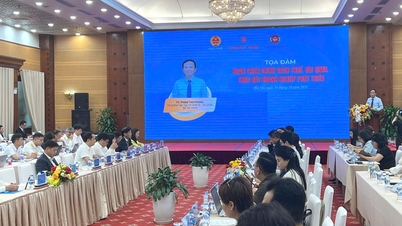
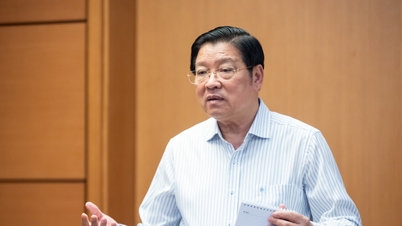
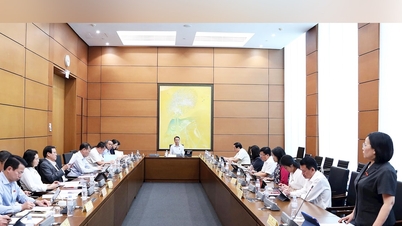








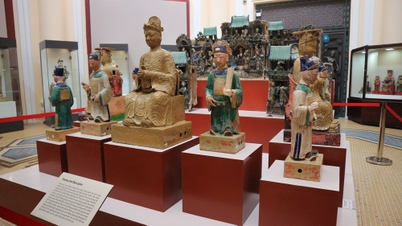










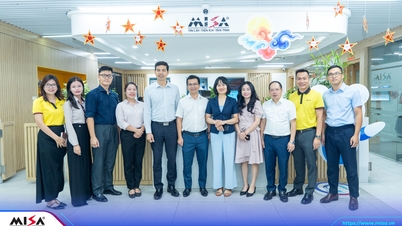














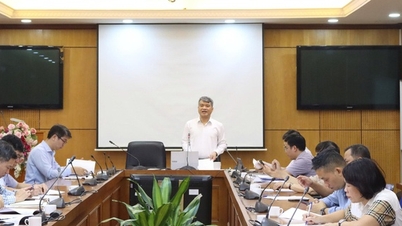
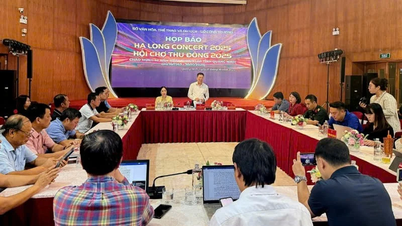

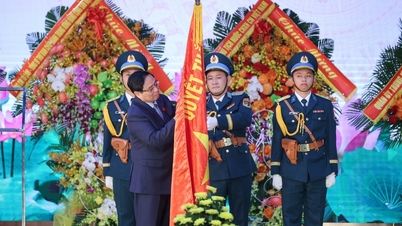



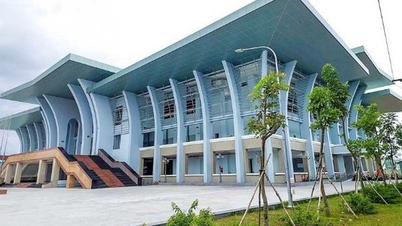
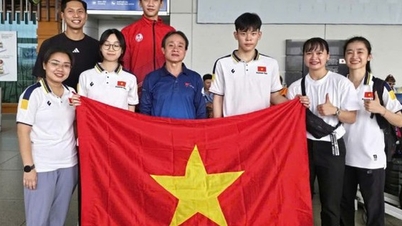

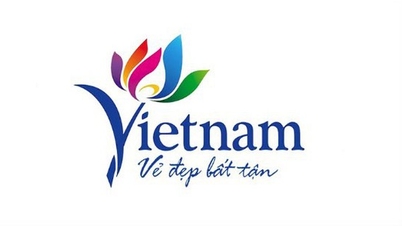
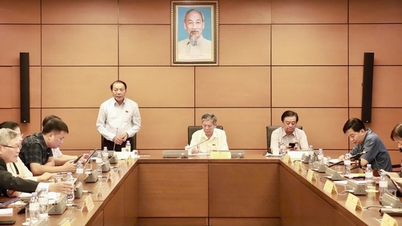


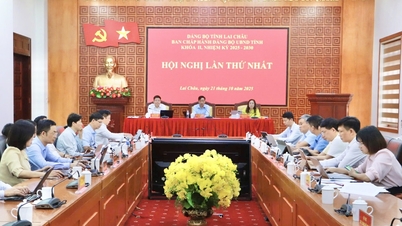
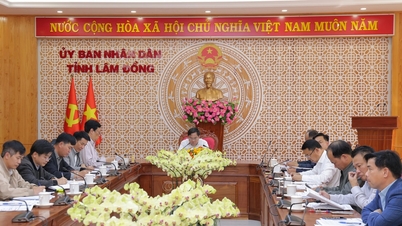



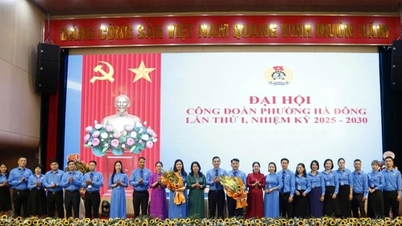















Comment (0)